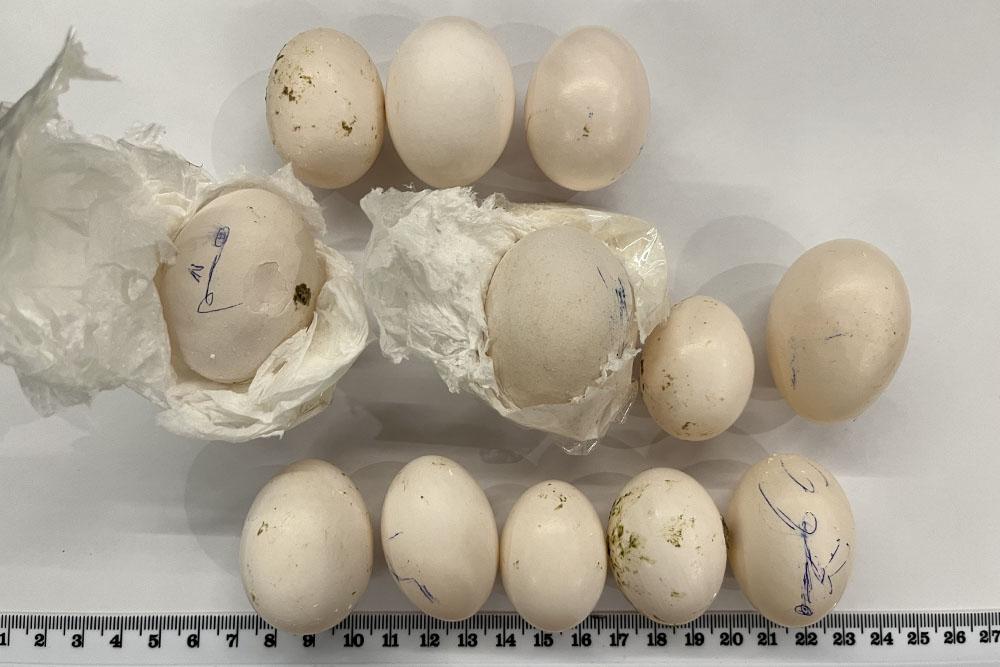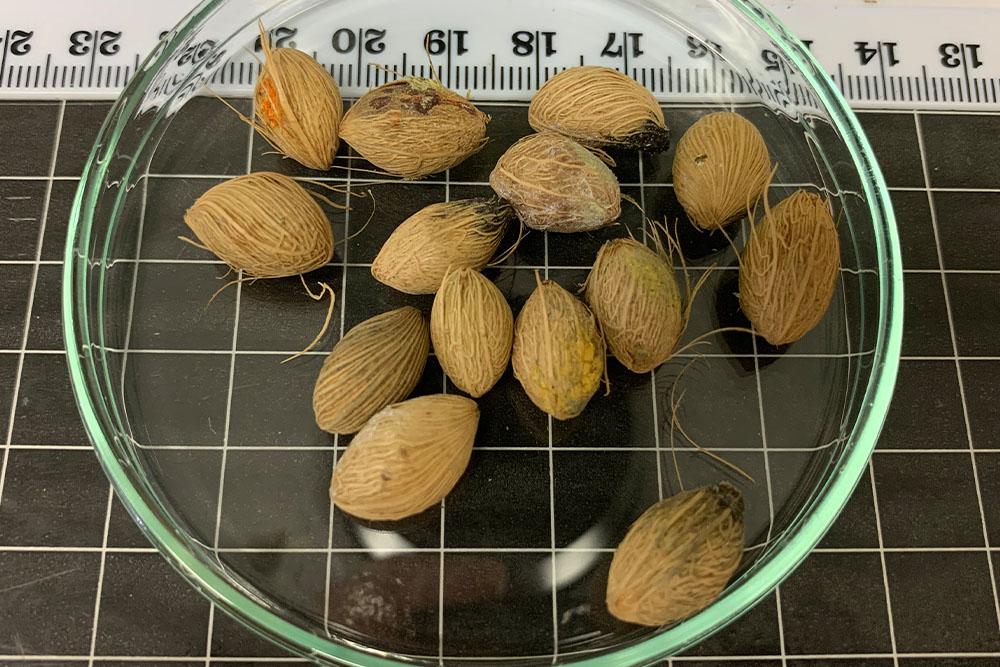Source: Darryl Hardie.
At the Australian Biosecurity Awards in March, Dr Darryl Hardie received the 2022 Dr David Banks Biosecurity Lifetime Achievement Award for his contribution to Australian plant biosecurity. Trained in entomology, his biosecurity career began in 1975 when he joined the Department of Primary Industries and Regional Development in Western Australia, initially as a laboratory assistant working on quarantine treatments for fresh fruit. Throughout his long career, Dr Hardie has championed the importance of plant health surveillance and played a pivotal role in preventing incursions and eradicating pest species, including efforts to eliminate Queensland fruit fly from Western Australia on eight occasions.
Dr Hardie was nominated by his work colleague, Dr Rosalie McCauley, and was very surprised when he won. Since winning the award, he has received an astounding response from industry and colleagues. This response not only reflected his extensive contribution to biosecurity, but also his consistent mentorship and coaching of colleagues, enabling the people around him to flourish in their careers.
When asked about the emerging challenges for plant biosecurity, Dr Hardie joked there was “no shortage of them”. He emphasised the importance of specialist science and research. "It has got to be appropriate for the industry and it needs to be robust”. Attracting specialist scientists and passing our knowledge on to the next generation is also a significant challenge. “We need to develop a whole new generation of biosecurity scientists,” Dr Hardie said.
During his career, Dr Hardie supported the delivery of two surveillance tools: AusPestCheck and MyPestGuide. When asked about the role these tools will play in addressing increasing plant biosecurity threats, Dr Hardie emphasised the simple data repository structure, which enables surveillance data to be easily accumulated and called upon in the future in the case of AusPestCheck.
However, he notes that these tools have a long way to go. For these tools to work as intended “we need at least 1,000,000 Australians using MyPestGuide or similar systems on their smartphones. Then, if they see something unusual or something they think might be nasty, they need to actually report it”.




